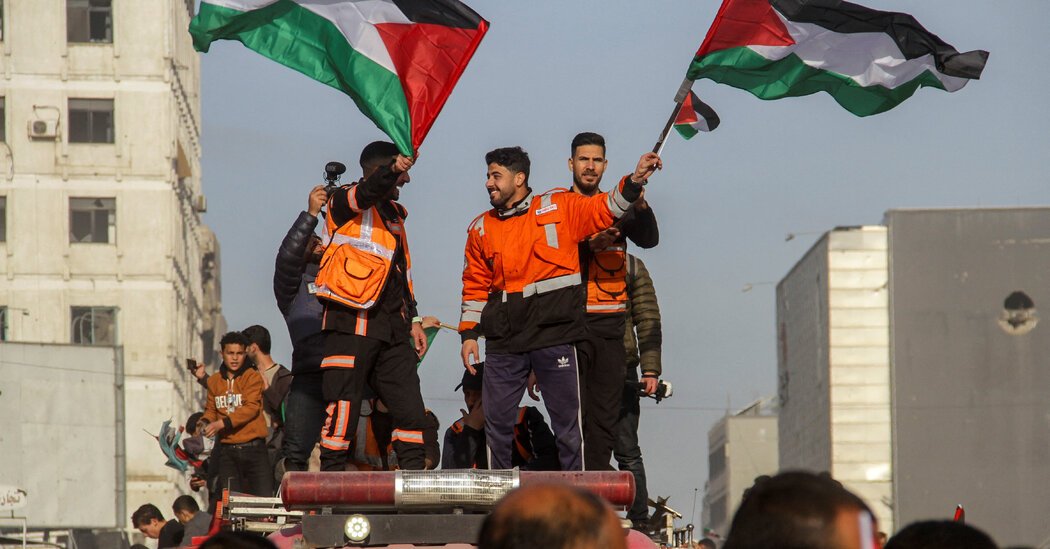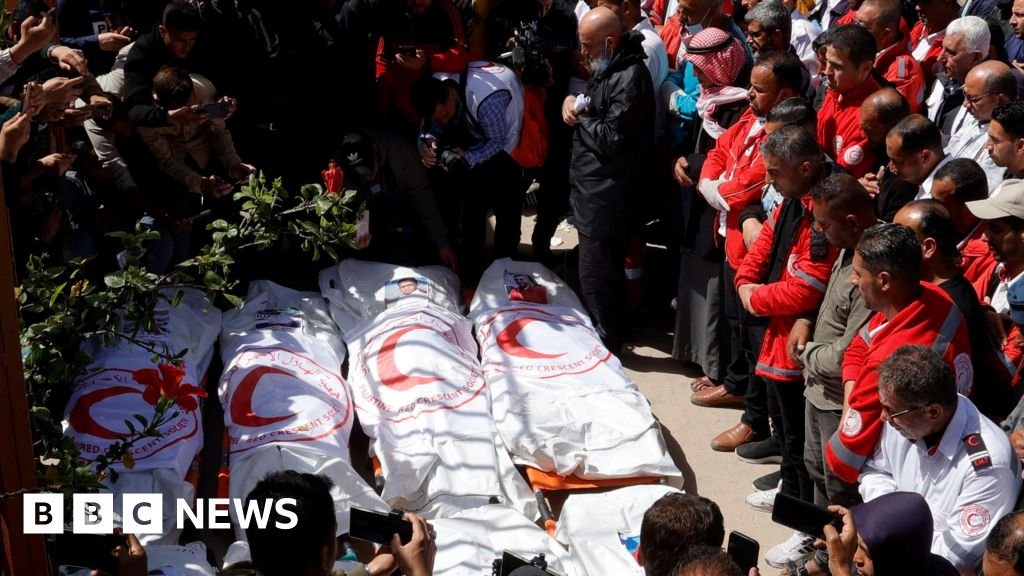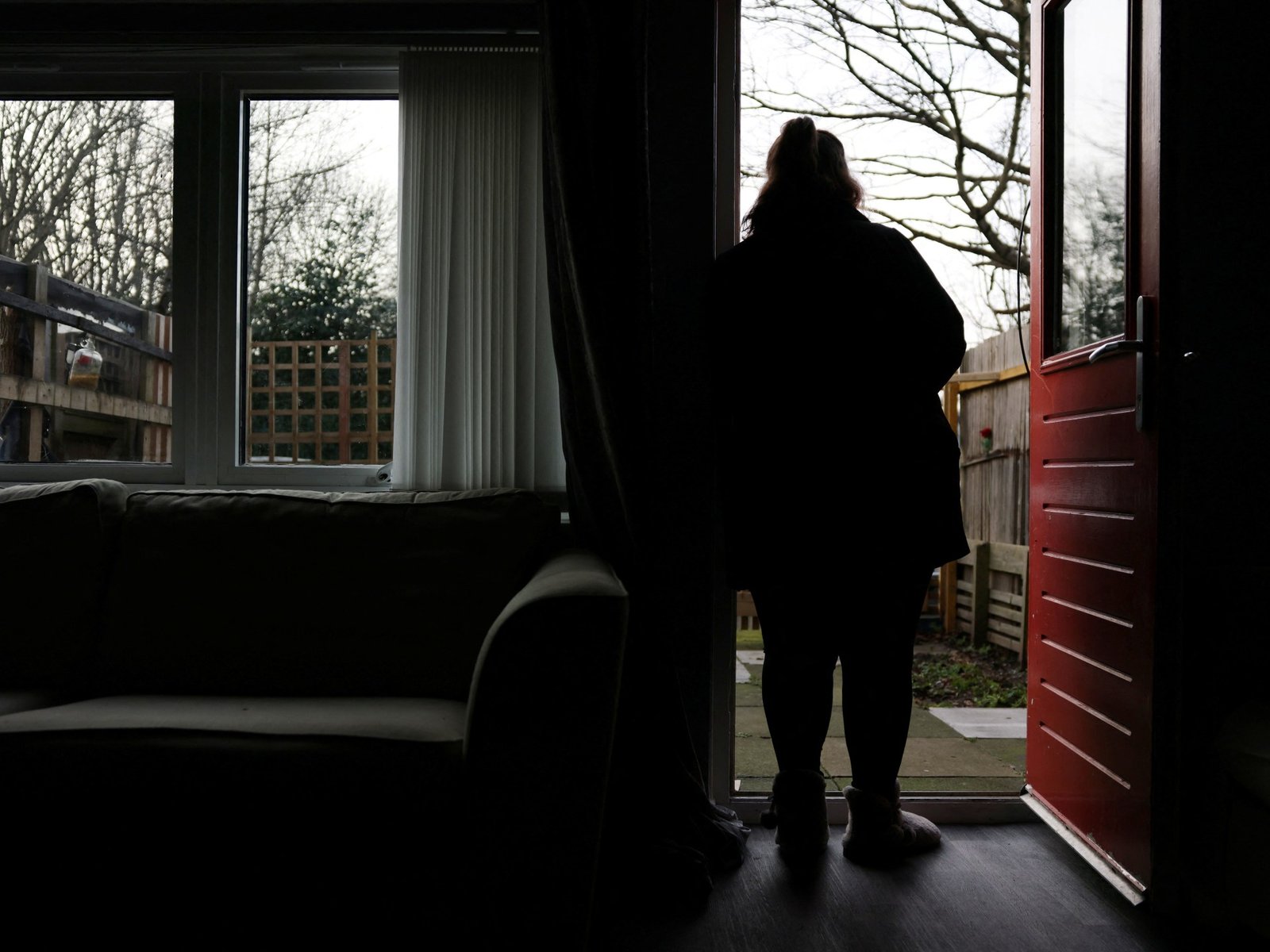
Hundreds of Palestinians took to the streets across Gaza on Sunday, honking their car horns and cheering to celebrate the start of a ceasefire between Israel and Hamas.
Other people who fled south picked up whatever belongings they had and headed north for long-awaited journeys back to their homes – or whatever was left of them. Many anxiously awaited news of what had happened to their old neighborhoods from the first relatives and neighbors who arrived home.
Riyadh al-Gharably, 64, said he had barely slept as he and his family waited to see if the ceasefire would take effect as planned. He spent Sunday morning looking at his watch and listening to the sporadic artillery shelling and gunfire echoing from the city’s eastern borders – hoping they did not signal any collapse of the long-awaited peace.
“All the women here cried all night,” said Mr. al-Gharably, his voice breaking.
In Gaza City, members of Palestinian civil defense teams – which have been carrying out rescue operations in response to almost daily Israeli strikes during the war – took to the streets to celebrate and climbed on top of ambulances to wave Palestinian flags.
In Deir al Balah, a city in central Gaza, cars honked and loud music blared from cafes.
For many, the moment was overwhelmed by conflicting emotions: there was pure joy that the bombing and bloodshed had finally – finally – ended. But there was also an overwhelming sense of loss stemming from the conflict that devastated the territory and its population.
Many people said they were determined to start rebuilding the lives they once knew despite the massive amount of destruction across the enclave.
“The joy of coming home is huge, but it is mixed with sadness,” said Ahed al-Okka, 52.
A construction worker from the northern Gaza City, Mr al-Okka said he spent most of the past year living in a tent on the streets of the central Gaza city, Deir al-Balah. He planned to return Sunday to his house, which he heard was partially damaged but still standing.
But even if his family could fix up one room and live in it, that would be enough for now, he said: “We’ll rebuild and fix things one step at a time and finally get some peace.”
For others, the determination to rebuild war-torn lives was overshadowed by the grief and pain accumulated during the 15 months of conflict.
“I can’t say I’m happy about this truce,” said Suhaila Dawaas, a 55-year-old mother of eight who was displaced to the central Gaza Strip from Beit Lahia in the north. “What is left for us after everything – after endless losses, destruction, pain?”
Ms Dawaas said several of her relatives had been killed in Israeli airstrikes. Her home was largely destroyed, she said, and she hoped to find a few reminders of her family’s life in the rubble — perhaps in photo albums — when she returned home.
She said she was grieving for more than what was lost. She added that she is also grieving for everything she still has to lose – her children’s future and the hardships that will undoubtedly define the next chapter in Gaza as people try to rebuild their lives.
“We have spent our whole lives building homes for our children and now we have lost so much,” Ms Dawaas said. But, “I’m grateful that the survivors will now have a chance for some peace.”







